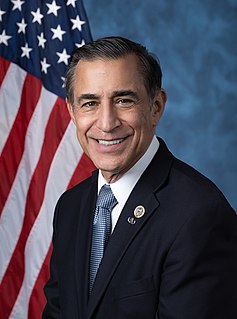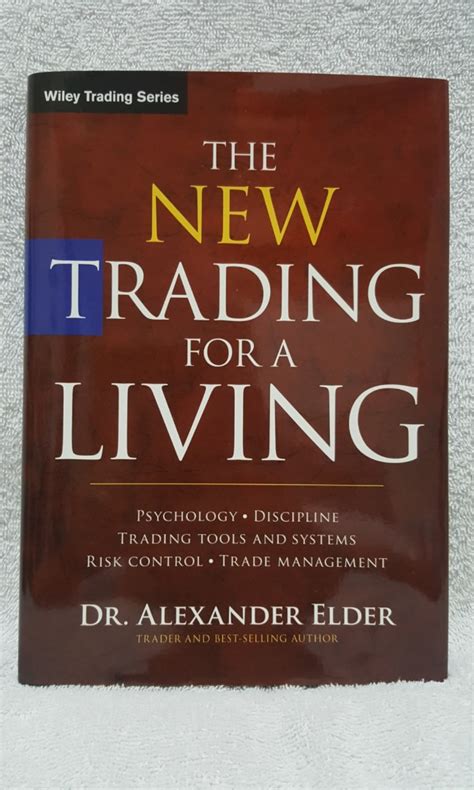A Quote by David Ignatius
The best restraint is old-fashioned market discipline, in which financial traders know that they, personally, will lose a ton of money if they take risky bets that don't pan out.
Related Quotes
There are just four kinds of bets. There are good bets, bad bets, bets that you win, and bets that you lose. Winning a bad bet can be the most dangerous outcome of all, because a success of that kind can encourage you to take more bad bets in the future, when the odds will be running against you. You can also lose a good bet no matter how sound the underlying proposition, but if you keep placing good bets, over time, the law of averages will be working for you.
The argument that it is difficult to find women is complete BS. Any bank will tell you that the No. 1 employee they lose the most money on is the mid-tier female they bring on when they are 22 who leaves in her mid to late 30s. These are women they spend a ton of money training, and a ton of money attracting and hiring. And then they lose them. And they lose them for many reasons. They're going to other sectors, other industries. So for us in the financial-services world to say we can't find women is ridiculous. They are out there. We've done it here at Anthemis.
The underlying strategy of the Fed is to tell people, "Do you want your money to lose value in the bank, or do you want to put it in the stock market?" They're trying to push money into the stock market, into hedge funds, to temporarily bid up prices. Then, all of a sudden, the Fed can raise interest rates, let the stock market prices collapse and the people will lose even more in the stock market than they would have by the negative interest rates in the bank. So it's a pro-Wall Street financial engineering gimmick.
The key to trading success is emotional discipline. If intelligence were the key, there would be a lot more people making money trading… I know this will sound like a cliché, but the single most important reason that people lose money in the financial markets is that they don't cut their losses short.
If a thing is old, it is a sign that it was fit to live. Old families, old customs, old styles survive because they are fit to survive. The guarantee of continuity is quality. Submerge the good in a flood of the new, and good will come back to join the good which the new brings with it. Old-fashioned hospitality, old-fashioned politeness, old-fashioned honor in business had qualities of survival. These will come back.
Under the old system - which is now so archaic that a lot of people can't remember it - if you wanted money you had to go to the bank and take the money out in cash form, and you couldn't take out money that you didn't have. But with the credit card you can spend money you don't have, and that is just so tempting.
If you could distill this down to a single principle its that the best marketers in the world know MARKETS first and foremost, and secondly they're students of MARKETING. It's more important to know a MARKET than to know MARKETING, and I teach people MARKETING! And so, as far as this seminar is concerned, it's all about knowing a market, and it's so thorough that even if you don't have personal experience in that market you can still go into it and find out, what are the things that people will pay money for!






































